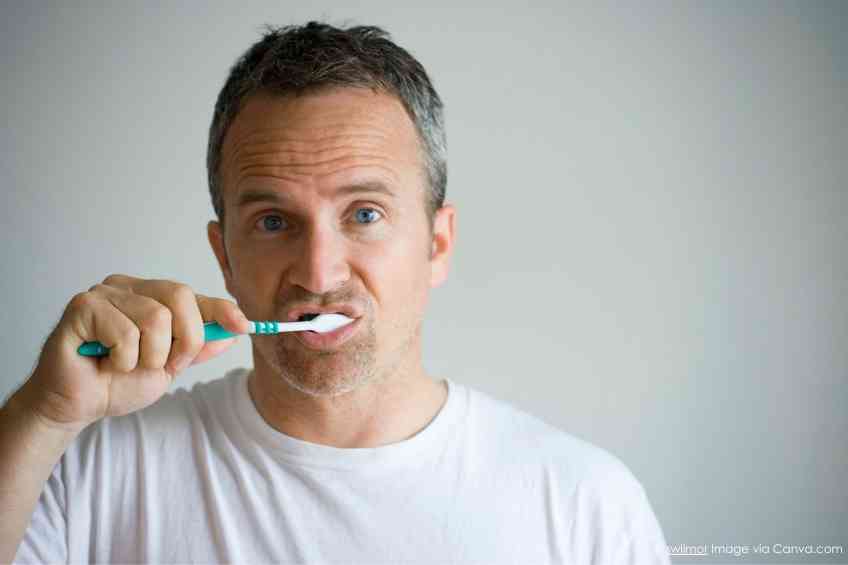By John Salak –
Oral health is an important, if sometimes overlooked, component of overall health care. Poor oral care is dangerous, as it goes well beyond maintaining pearly white teeth and fresh breath. It can stave off serious and even potentially devastating diseases and medical conditions that extend well past a person’s mouth.
Dr. Errine Kennedy, a spokesperson for the American Dental Association, outlined many of these risks, along with recommendations for maintaining superior oral health care in a recent interview with WellWell.
Now NYU Langone Health and its Perlmutter Cancer Center issued an even stronger warning over the risk poor oral health care presents in noting it has identified more than a dozen bacterial species that live in people’s mouths, which collectively represent a 50 percent increased chance of developing head and neck squamous cell carcinoma (HNSCC). Some of these microbes had also been shown to contribute to periodontal disease, serious gum infections that can eat away at the jawbone and the soft tissues that surround teeth, it went on to report.
It is well known that those with poor oral health are statistically more vulnerable than those with healthier mouths to head and neck squamous cell carcinoma, a group that includes the most common cancers of the mouth and throat. Until now, however, the exact bacterial types most involved remained unclear.
The NYU research project identified these bacteria by examining the genetic makeup of oral microbes collected from healthy men and women. There are hundreds of different bacteria that are routinely found in mouths, but 13 species were shown to either raise or lower the risk of HNSCC. This group was linked to a 30 percent increased risk of developing these cancers.
“Our findings offer new insight into the relationship between the oral microbiome and head and neck cancers,” reported lead author Soyoung Kwak, PhD. “These bacteria may serve as biomarkers for experts to flag those at high risk,” he added.
The finding also underscored the importance of not overlooking mouth care.
“Our results offer yet another reason to keep up good oral hygiene habits,” said study co-senior author Richard Hayes, DDS, MPH, PhD. “Brushing your teeth and flossing may not only help prevent periodontal disease but also may protect against head and neck cancer,” Hayes added.
The NYU team emphasized that their study only identified correlations between the risk of cancer and certain bacteria in the mouth. It did not establish a direct cause-and-effect link. Further research is needed for that in order to better enhance prevention.
“Now that we have identified key bacteria that may contribute to this disease, we plan to explore the mechanisms that allow them to do so and in what ways we can best intervene,” explained co-senior author Jiyoung Ahn, PhD.










